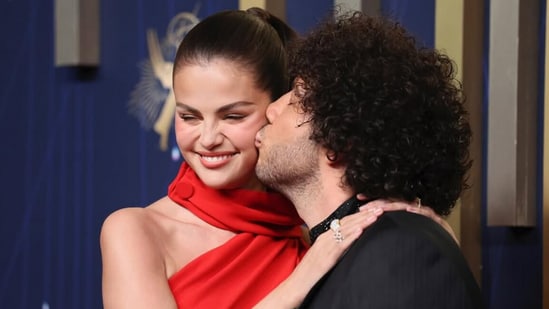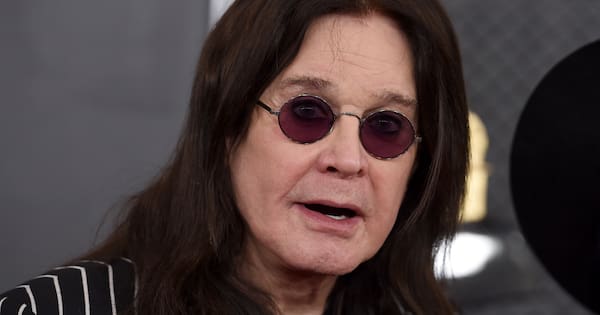Why Gulzar Prefers Books Over Cinema: A Journey Through Literature

Never wanted to come in cinema, I was in love with books: Gulzar
Mumbai, veteran poet-lyricist and filmmaker Gulzar shares that he never expected to pursue a career in cinema, as literature has always been his true passion.
While speaking at the inaugural session of ‘Celebrate Cinema 2025’ at Whistling Woods, filmmaker Subhash Ghai’s institute, the 91-year-old revealed his deep affinity for books and the desire to write.
“I never wanted to step into cinema, and I wasn’t inclined to write for it either. My fascination lay in books; I adored literature,” Gulzar stated. He noted, “I longed to see my name on books of Vipassana short stories. Watching films was enjoyable, but my ambition was never to become a director.”
Born Sampooran Singh Kalra in pre-Independence Punjab, Gulzar is revered as one of Indian cinema’s most artistic storytellers. He first ventured into the film industry in 1956, debuting as a lyricist with the iconic song “Mora Gora Ang Lai Le” from Bimal Roy’s film “Bandini.”
Recollecting his initial encounter with Roy, Gulzar shared that it happened thanks to his friend Debu Sen, who was an assistant to the legendary filmmaker.
He recounted, “During the making of ‘Bandini’, Sachin da had an issue with Shailendra, and I was introduced to Shailendra at sahitya sabha, who was older than me.”
“Shailendra asked, ‘Do you think folks in the film industry are illiterate? You should work with Bimal Roy! People long to collaborate with him.’ He introduced me to Bimal Roy,” Gulzar explained.
Filmmaker Bimal Roy was initially uncertain about whether Gulzar could write a song for “Bandini,” as he sought someone fluent in Vaishnava poetry.
“He questioned Debu, ‘Gulzar? How would he know Vaishnava poetry?’ Debu responded, ‘He understands Bengali and speaks it too.’”
Upon meeting Roy, Gulzar was both intimidated and honored, recalling, “He asked me in Hindi, ‘Will you write?’ I simply replied, ‘I’ll write it.’ That led to the creation of the song, ‘Mora Gora Ang Lai Le Mohe Shaam Rang Dai De.’”
Gulzar later directed critically acclaimed films like “Parichay,” “Koshish,” “Aandhi,” “Maachis,” and “Hu Tu Tu.” He initially became involved with “Bandini” due to a conflict between Burman and Shailendra regarding the film’s lyrics.
Gulzar noted that Subhash Ghai, lyricist Kausar Munir, and costume designer Salim Arif also participated in the session “Poetry and Music.”
“Music and poetry hold immense value in cinema; they are part of our heritage,” said Gulzar. “Their significance persists through generations.”
He praised music maestro AR Rahman for bringing Indian music to a global audience, highlighting, “In the past, songs were often removed when we exported films, but now there’s a demand for them. This evolution is largely due to AR Rahman.”
Reflecting on his legacy, Gulzar stated, “I’ve learned to adapt with the times. I’m merely sharing my journey, and if anyone finds value in it, that’s up to them. I’m continually learning from the younger generation.”
Ghai introduced a new course on poetry and literature at Whistling Woods Academy, inaugurated by Gulzar, Munir, and Arif.
What do you think about Gulzar’s journey, transitioning from love for literature to becoming a celebrated filmmaker and poet?





